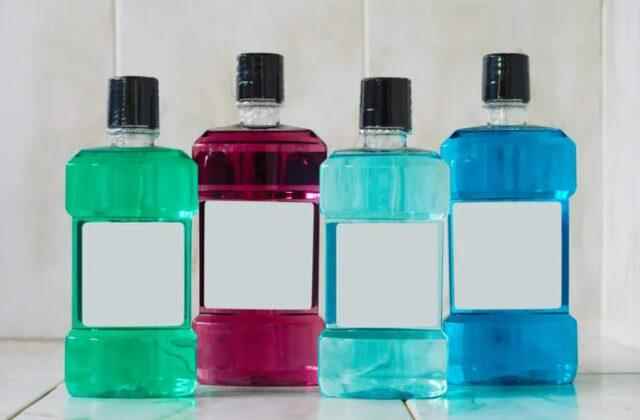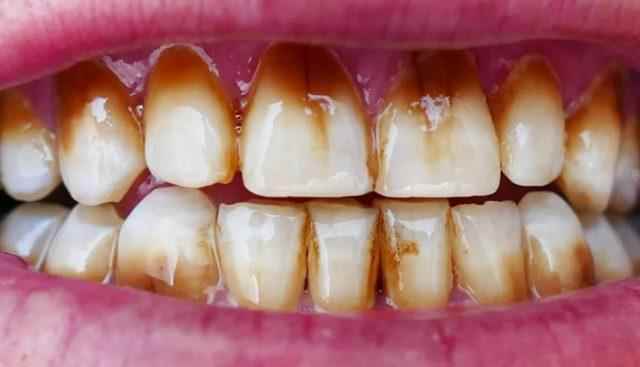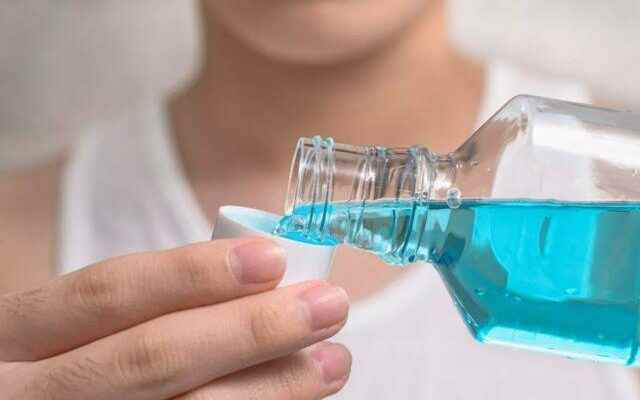The importance of brushing teeth regularly in order to maintain oral and dental hygiene is stated at every opportunity. However, some people think that brushing is insufficient for cleaning and use other materials. One of the most commonly used ingredients is mouthwash. Alcohol-containing mouthwash contains a number of ingredients that effectively target bad bacteria in the oral cavity. However, many opt for the non-alcoholic alternative for fear of weakening their tooth enamel. Another risk associated with using the wrong mouthwash is the dysfunction of the salivary glands, which can hinder oral hygiene attempts.
DRY MOUTH CAUSES PLAQUES AND TARTARES
Dentist James E Galati explains that excessive rinsing can suppress saliva production. When the mucous shield is stripped, the mouth’s ability to fight off harmful substances is compromised. Chronic dry mouth causes food and bacteria in the mouth to harden and turn into plaques that eventually lead to tartar. Dental plaque is a sticky biofilm of debris that builds up above and below the gumline.

Dentist James E Galati explained that overusing the mouth with the product can undermine your oral hygiene efforts. “Overuse of mouthwashes containing alcohol can cause dry mouth, causing tissue irritation and promoting plaque formation.” Saliva is important as it moves around the mouth and sweeps away tiny bits of food that feed the bacteria responsible for tooth decay. This helps neutralize acids in the mouth that break down tooth enamel by removing acidic residues from the food.
IT ALSO CAUSES ODOR OF MOUTH

As a general rule, over-the-counter mouthwashes should be used no more than twice a day, along with brushing and flossing, according to Healthline. However, some people use the product more often to freshen their breath or clean their mouths between meals. Dry mouth not only leads to plaque formation, but also causes bad breath. Other problems associated with dry mouth are the increased risk of tooth staining and discoloration as a result of enamel erosion.
PAY ATTENTION TO THE SYMPTOMS

Some signs of mouthwash overuse include:
- Persistent or inflamed aphthae
- Bleeding gums when you use mouthwash
- dry mouth symptoms
- Pain or tenderness when you brush your teeth after using mouthwash
- teeth painting
Another common mistake that can hinder oral health habits, according to Dr Galati, is using mouthwash seconds after brushing your teeth. The expert explained that this can remove fluoride from toothpaste, which is essential for strengthening bone.
Instead, the expert suggests that it may be more beneficial to use an antiseptic mouthwash after meals and before brushing.
